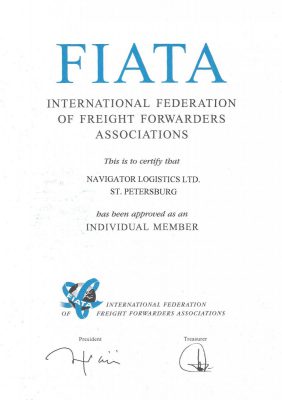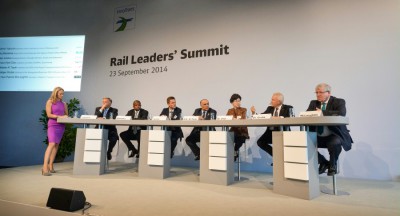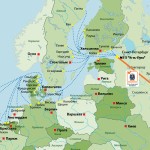The railway system has a tremendous future – if we want to have an economically and environmentally sustainable transport system available to support the ever-increasing mobility of people and goods, then we need to actively promote environmentally-friendly modes of transport, such as the railway system, explains Doris Bures, the Austrian Federal Minister of Transport, Innovation and Technology. In the Transport Masterplan, Austria is committed to a policy of making the transport system more socially beneficial, safer, environmentally friendlier and more efficient. This goal can only be achieved through a targeted expansion of the railway infrastructure.
Austria is already today among the best in the EU concerning the utilisation of its railway system. With 274 million passengers in the previous year, which means an average of more than 1,300 kilometres per capita, Austria ranks second in the EU, only just behind France.
Once the development of the major rail corridors has been completed, some 300 million passengers per year should be travelling by train, and 40% of all cargo transport will be carried by rail. In the future, around 9,000 trains per day will be operating in Austria – that’s 2,000 more than today. With a 30% share of cargo transport carried by rail, Austria is today already heading Europe in this respect. In a European comparison, it is a hallmark of the Austrian rail network that we also maintain a tight railway network for cargo transport.
Similar Posts:
-
Vladimir Yakunin Visited the Summit Of Train Leaders In Berlin
Vladimir Yakunin, President of Russian Railways, took part in the “Summit of Train Leaders” in 2014 held at the InnoTrans international exhibition held in the German capital Berlin on 23 -
Port “Ust-Luga”
Ust-Luga – a modern port of international importance It was only yesterday that there were few people who heard about this port in the Baltic. It’s not surprising as it is -
In St. Petersburg hosted the XX International Economic Forum
The keynote of the XX St. Petersburg International Economic Forum (SPIEF) was the striving to lift the economy out of crisis by means of a technological breakthrough and structural changes.



